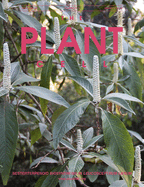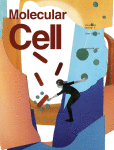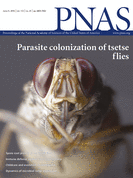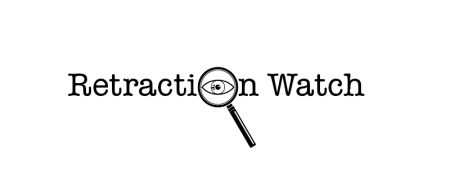 The Journal of Biological Chemistry has retracted a paper that was one of eight flagged in a recent investigation by the Office of Research Integrity (ORI). The investigation — which concluded that a biologist had falsified or fabricated more than 40 images — resulted in a five-year funding ban.
The Journal of Biological Chemistry has retracted a paper that was one of eight flagged in a recent investigation by the Office of Research Integrity (ORI). The investigation — which concluded that a biologist had falsified or fabricated more than 40 images — resulted in a five-year funding ban.
In May, the ORI announced that John Pastorino, an erstwhile cell biologist at Rowan University in New Jersey, falsified and/or fabricated eight of his published papers (and one unpublished one). Nataly Shulga is a co-author on all eight papers. Six of those eight papers had already received expressions of concern (EOC).
The first retraction to result from the investigation is one of the two published papers that had not been tagged by an EOC. Here’s the retraction notice: Continue reading 1st retraction for biologist who doctored 40+ images, received funding ban



 Researchers are retracting two papers about molecular signalling in plants —
Researchers are retracting two papers about molecular signalling in plants — 

 There’s
There’s